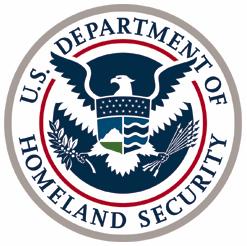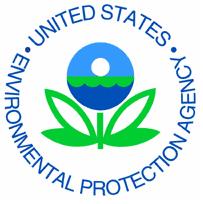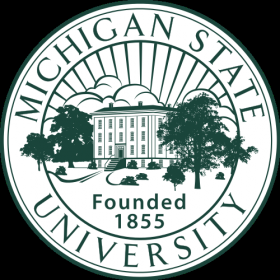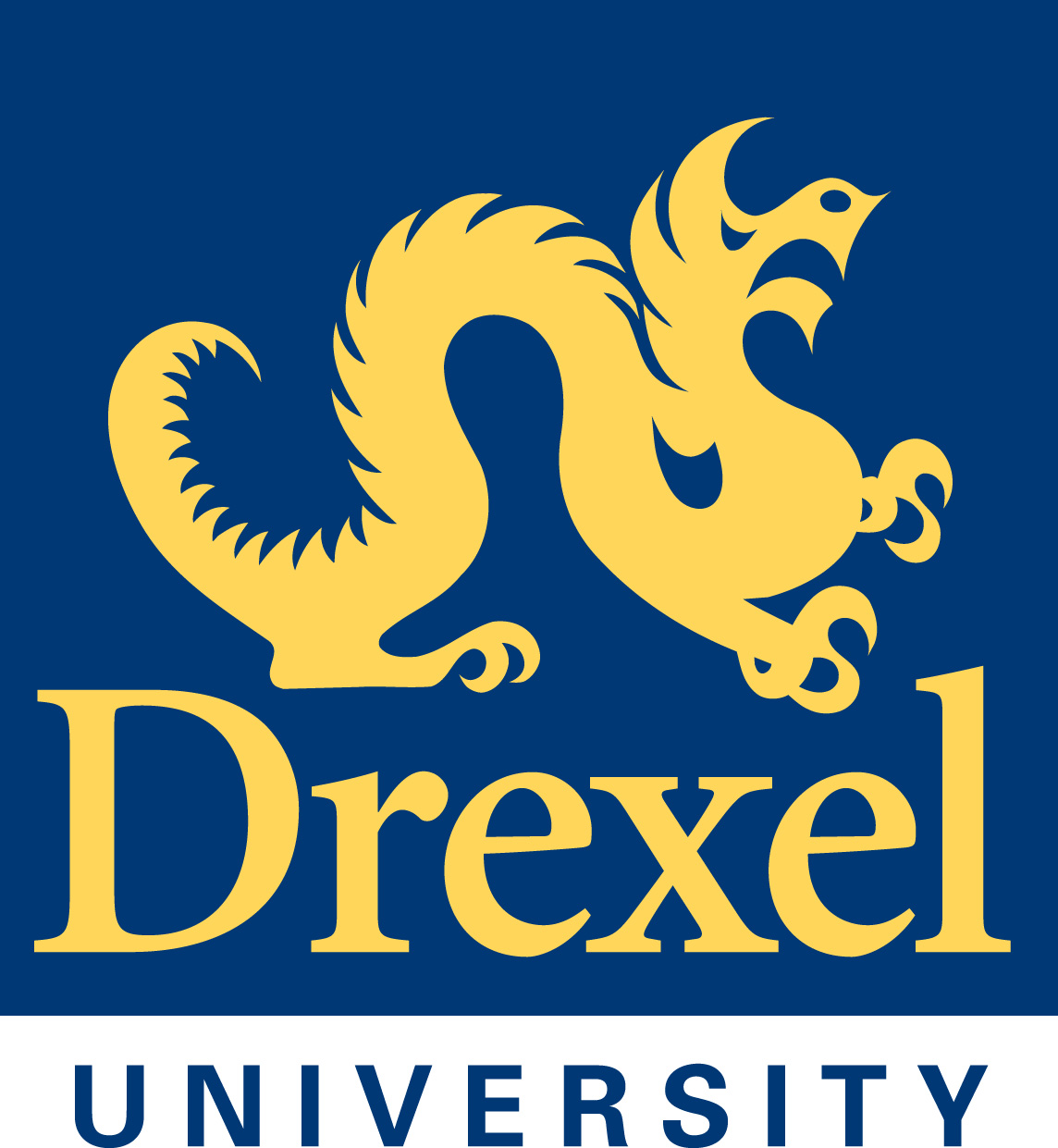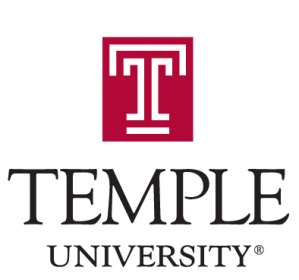QMRA Summer Institute 2013
July 1st - 10th, 2013
The QMRA Innovation Institute was an 11-day intensive workshop intended to provide training in quantitative microbial risk assessment (QMRA) for doctoral students and recent post-doctorates from a variety of fields and countries. Participants learned how to integrate information from a multiple disciplines using mathematical computer programming and probabilistic analysis to provide a comprehensive assessment which can feed into decision science.
This QMRA II was held at the School of Public Health at University of Sao Paulo, Brasil in July 1-10, 2013 was geared toward teach ping articipants tools and skills to quantitatively assess microbial risk to human health in various situations in the indoor and outdoor environment. Participants will learned how to use scientific data and computer programs towards building a risk assessment for assuring safety and health goals. Students gained hands-on experience with risk assessment software and work on real-world case studies.
International collaboration was a focus of this institute, a significant portion of the participants consisted of scientists and engineers from Latin-American countries. Participants were from the United States of America (12), Brazil (9), Mexico (3), Venezuela (2) and Columbia (1). The Institute was held at the University of São Paulo (USP), Brazil. The curriculum was designed to stimulate training and cooperation among researchers of the Americas working to enhance water science and technology.
Expert lecturers and mentors (total of 10) from the Americas provided the content. Lectures and hands-on exercises were given during the workshop on relevant subjects including microbiological techniques, dose-response, exposure assessment, disease transmission modeling, and decision science. In addition, participants were assigned to interdisciplinary teams to work on a case study scenario throughout the week to apply their new knowledge of the subject. Each team worked on one of the following case studies during the workshop: 1. Safe Drinking Water 2. Biosolids 3. Emerging and Zoonotic Pathogens 4. Recreational Waters 5. Reclaimed Water
These case studies were chosen to explore health risks related to waterborne pathogens in an international context. In exploring the questions given to the groups, members determined risk scenarios within multiple North and South American countries. At the end of the workshop, participants were responsible for reporting their case study work to the other participants and instructors as well as uploading them to the interactive QMRA wiki. All case studies are available for reading at
QMRA Summer Institute
Participants also received mentoring through a one-day mentoring field trip and by working with their case study mentors. The field trip and following discussion session covered topics regarding work-life balance, keys to success as a new scientist, and tips for establishing successful collaborations.
We congratulate all of our Summer Institute student groups on a job very well done. For those who are interested in attending future QMRA Summer Institutes, please contact our Summer Institute Team at the e-mail address below.
CAMRA QMRA Summer Institute Team
QMRA.Summer.Institute@gmail.com

